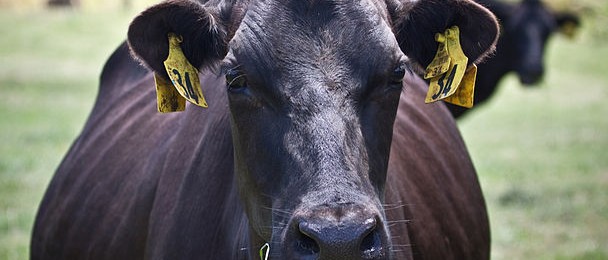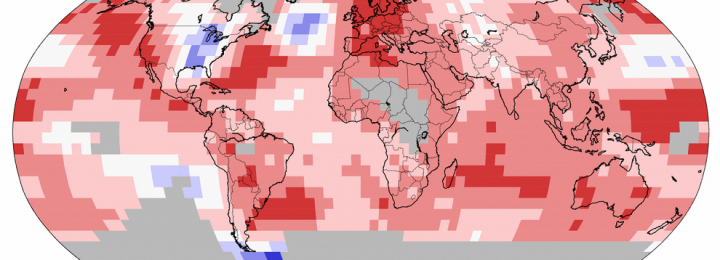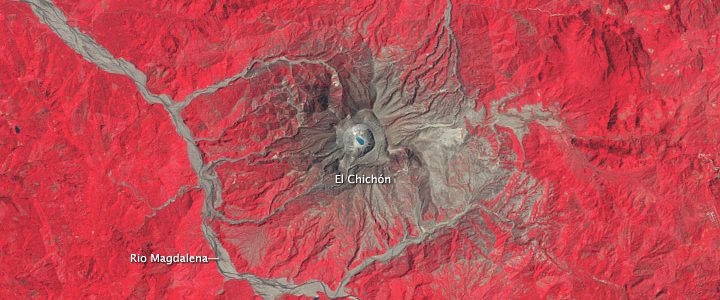Climate science
-

Smithsonian had an interesting article this week on a long-term source of proxy climate data that was collected by Japanese priests monitoring the ice conditions on Lake Suwa. As the lake froze each year, the priests recorded the time of development and the orientation of a ridge of ice that built up as the lake…
-

The latest WunderBlog from Jeff Masters discusses something that I have not heard of before: food system shock. His blog started out this way: “The greatest threat of climate change to civilization over the next 40 years is likely to be climate change-amplified extreme droughts and floods hitting multiple major global grain-producing “breadbaskets” simultaneously. A…
-

The US Forest Service published an interesting article this week on how trees respond to drought by looking at the mechanics of water movement within the tree and through the leaves. Different species of trees respond in different ways and at different rates. You might enjoy reading about this at https://www.srs.fs.usda.gov/compass/2016/04/26/open-or-shut-how-trees-respond-to-drought-at-the-leaf-level/.
-

There has been a lot in the news recently about how carbon emissions would be drastically reduced if we just stopped eating red meat (or in some cases, any meat at all). I get questions from extension agents and producers about the impacts that producing animal protein has on the increase in carbon dioxide in…
-

In general, television meteorologists have been the most skeptical of all atmospheric scientists about global warming and climate change. There are a variety of reasons for this, including lack of training in climatology, most of their time spent looking at short-term weather models, and working for television stations which run conservative programming. This is changing…
-

Even though most of the Southeast has been dry lately, we’ve had our share of wet conditions and floods in the not-too-distant past. This article from Bloomberg News describes why experiencing a 100-year storm event does not mean you will never see one again in your lifetime. You can read it at https://www.bloomberg.com/news/articles/2016-04-22/surviving-the-100-year-flood-doesn-t-mean-99-years-of-safety.
-

Two studies published this week highlight the impact that volcanic eruptions may have on climate, both on short (a few years) and long (millions of years) time scales. BBC posted an article on some recent research by Dutch scientists suggesting that an eruption of Mt. Chichon in Mexico in the 6th century can be linked…